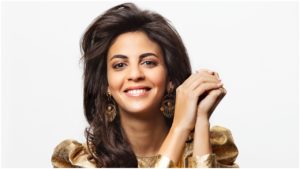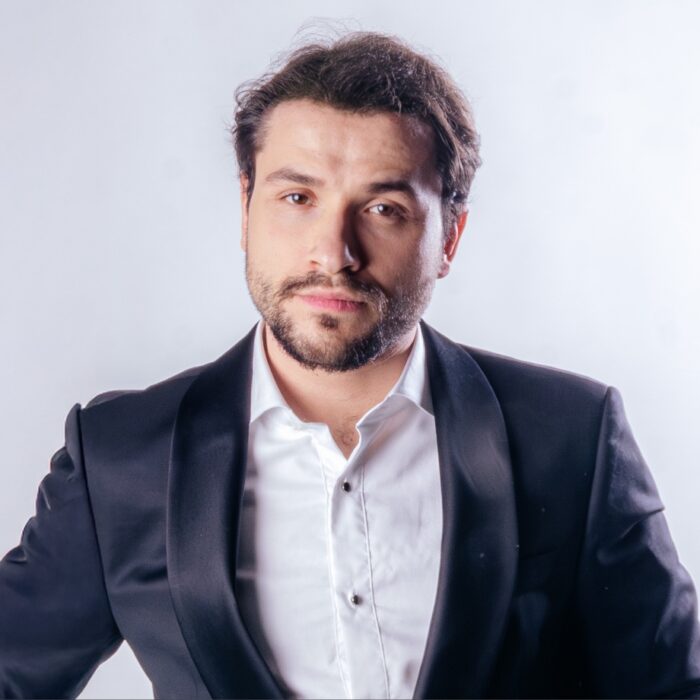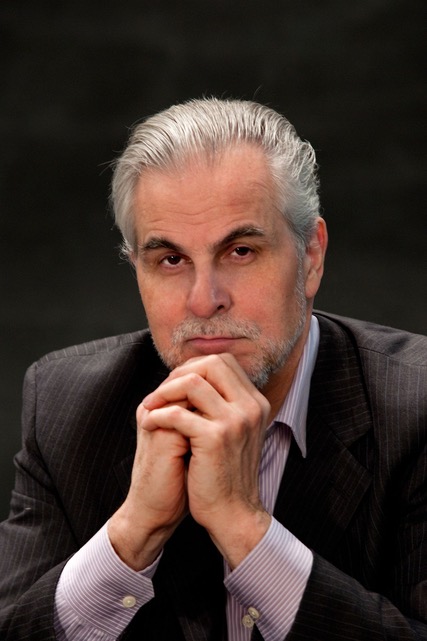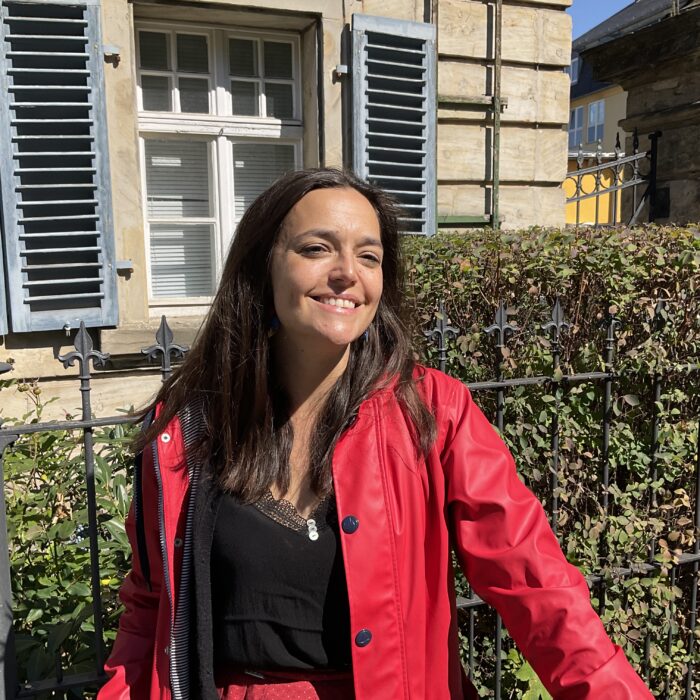
Q & A: Fatma Said on Her Upcoming Performance at the Edinburgh International Festival & Debut Album
By Afton Markay(Photo: Josef Fischnaller)
Fatma Said has had a remarkable career. She was the first Egyptian vocalist to perform at Teatro alla Scala in Milan, where she sang the role of Pamina in Mozart’s “Die Zauberflöte.” She has performed in both opera and concert settings in some of the leading opera houses throughout Europe and is an artistic representative for her country.
Next up for the soprano is an appearance at the Edinburgh International Festival where she will be performing with pianist Malcolm Martineau on August 27. The concert will include selections by Mozart, Ravel, and de Falla.
Said spoke to OperaWire about this upcoming showcase as well as her recently released debut album “El Nour” and her work with Opera for Peace.
OperaWire: What are you most looking forward to about performing at the Edinburgh International Festival in August?
Fatma Said: Well, it’s my first time performing there and there’s always something very exciting about an international festival. I am still honored that I will be joining these well-established musicians that I look up to and I’ve really looked up to all my life. It feels very special that I can be a part of something where other well-known musicians are a part of. It makes me feel very happy and special. Also, to perform with Malcolm (Martineau) is really a joy, so anytime we get the chance to perform together it always makes the journey very exciting.
OW: You are doing a lot of recital work this season. What do you enjoy most about singing recitals?
FS: It’s mainly what I do and what I enjoy most about performing. I find there’s something very special about recitals because I feel the main difference between that and the experience of being part of an opera is that I can be myself. I can be myself in an opera, but of course, I am acting as a character. Then in recitals, I get to read my words and interpret them the way I feel, I’m not thinking about how the characters would feel if they would interpret those words. So in recitals, I love being so close to my own thoughts and close to my emotional mindset.
I feel that with poetry you can read something that really gets to you and that you really connect with it in a special way and then you read it again the same thing the next day and you don’t find any connection to it. This is what’s so special about recitals to me because no matter how many times I repeat my songs or no matter how many times I stand on stage, I feel because we are different every day and because we have different emotional statuses and psychological statuses every day, that whatever we will be giving to the audience, whatever will be coming out of us will be different every time. So there’s something very exciting about this recreation of the program and the process.
OW: Some of the pieces you are performing at the Festival are also on your recently released debut album “El Nour,” what draws you to these pieces?
FS: What drew me to build such a program is I’ve always been an artist that really enjoys having different styles on one program. I try to include different languages, styles, composers, and eras, this is something that I have always felt very comfortable with. The idea is to connect these cultures of music together – the Italian, French, Spanish, and the Arabic ones. I feel that they do have a lot in common and when you listen to it, it explains itself. You can listen and realize that from one composer or from one language to the other is a very smooth structure transition and that musically it makes a lot of sense.
OW: How did the process relate to creating your album?
FS: Of course it’s very much the same, but with the album, I wanted to focus on what I’ve found really interesting which is how European composers tried to imagine sounds and how things were in the Middle East which is where I come from. I’ve been raised in a very mixed way, I grew up in Egypt, obviously, my mother tongue is Arabic, but I grew up with four languages and then learned another language when I moved to Italy – so I feel that my internationality relates so much with composers who have been trying also to be international.
I was drawn to how Ravel composed Scheherazade and what kind of colors he was using to depict the colors and sounds of the Orient. At the time he was composing this, it was the time of orientalism where a lot of musicians and other artists were talking about the Orient and trying to imagine what it’s like. They wrote and painted about places they’ve never been to, yet putting those ideas into sound is very interesting. Like Bizet, when he composed “Carmen” he had never been to Spain but she composed the most Spanish opera ever although he was French. I think that’s the same as Ravel how he had imaginations about the Orient. The “Scheherazade” takes you through a lot of places throughout the Middle East, it’s really a journey that goes through so many musical colors that I think are really intriguing. Listening to this you know everything he is saying in the story like you were really there because you can feel these colors.
I wanted to find this thing in common with classical music and Middle Eastern music. The second piece in the “Sheherazade,” “La Flûte enchantée,” made this very clear to me. As Ravel was trying to write the notation for the flute, it became clear because this notation looks very Middle Eastern to me. He was trying to create something that the normal flute would not be able to produce. I feel like it has a lot to do with connecting with human frequencies and that led me to experiment with the Ney flute on the recording to try to match what he could have been imagining. So it was really about trying to find these common grounds between the French, Spanish, and Arabic music the whole time.
OW: Can you talk about your work with Opera For Peace?
FS: I just began collaborating with them as an ambassador. Taking Corona into consideration we have not begun any projects yet, but there is the intention for me to begin working with young artists in Egypt that are unable to travel to Europe who could benefit from the support and whatever I can offer to the young music students. Also, I hope to help make opera accessible and not have it seem as if opera is only for privileged people. It should be something that people can do normally without feeling that they need to belong to a different level of society and that’s what I hope for my country and for the young artists in my country.


